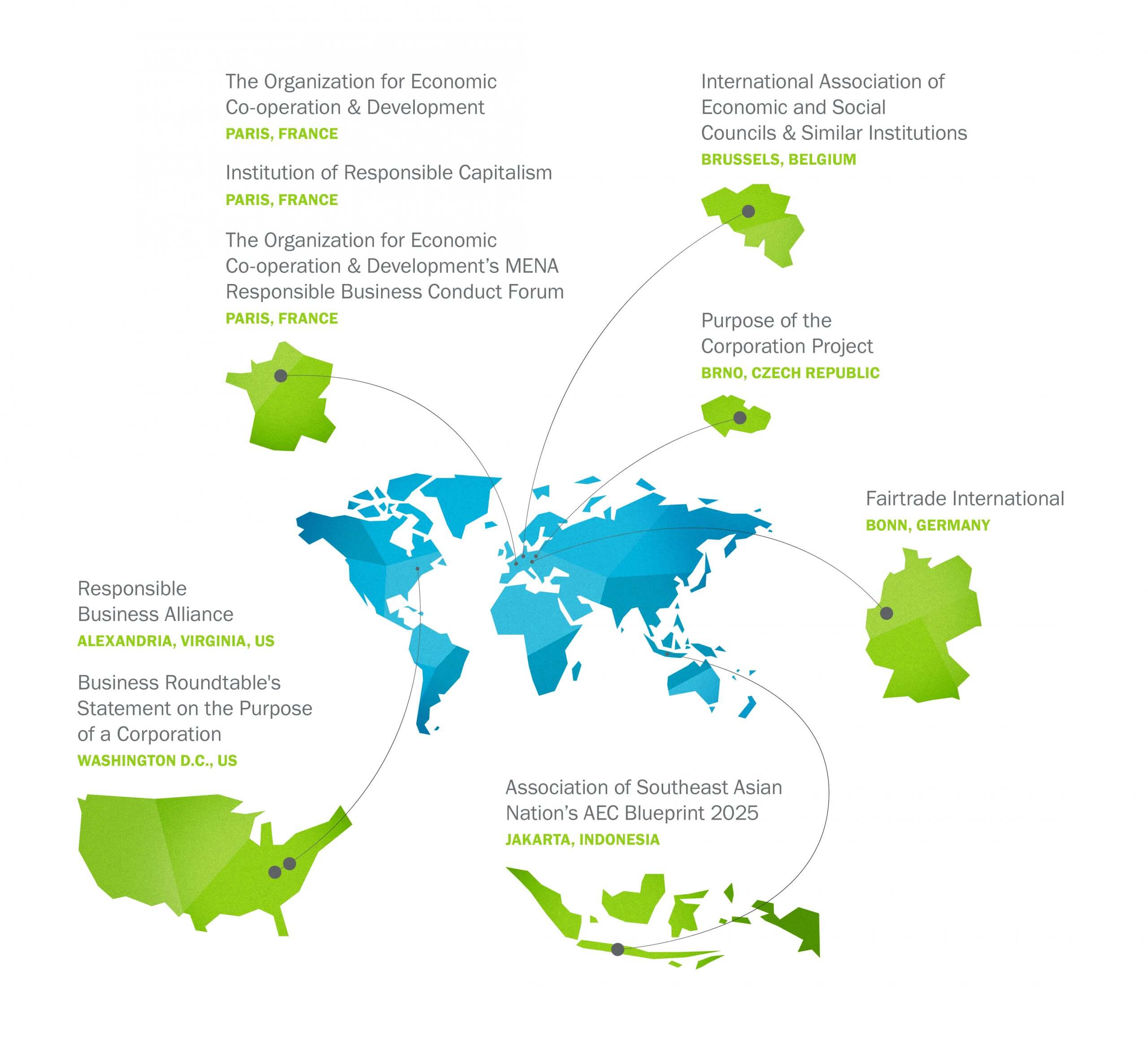- CEOCap
- Jaime Watt’s Debut Bestseller ‘What I Wish I Said’
- Media Training
- The Push Back
- Internship program
- Update Your Profile
- Homepage
- It’s time for a change
- It’s time for a change
- Kio
- Ottawa
- Art at Navigator
- Navigator Limited Ontario Accessibility Policy
- Virtual Retreat 2020 Closing Remarks
- COVID-19 Resources
- Offices
- Navigator Sight: COVID-19 Monitor
- Navigator Sight: COVID-19 Monitor – Archive
- Privacy Policy
- Research Privacy Policy
- Canadian Centre for the Purpose of the Corporation
- Chairman’s desk
- ELXN44
- Media
- Perspectives
- Podcasts
- Subscribe
- Crisis
- Reputation
- Government relations
- Public affairs campaigns
- Capital markets
- Discover
- studio
- How we win
- What we believe
- Who we are
- Careers
- Newsroom
- AI
- Empower by Navigator
- Environmental responsibility

THE COVID-19 CRISIS has revealed a great deal about the character of humanity. It has demonstrated the extent to which people can come together, and it has laid bare the systemic inequalities within our current economic structure and social fabric. As the world looks to governments to lead through a pandemic, corporations are also being asked to assist in tackling the inequalities that have bubbled up to the surface, in order to create a ‘new’ normal.
The public looking to corporations to support societal reform should come as no surprise. There have been discussions happening for quite some time on how to modernize capitalism by changing the purpose of the corporation. A movement is afoot that views the role of business as something different from previous generations – instead of simply focusing on profits or value for shareholders, corporations are increasingly expected to contribute positively to all stakeholders.
For a corporation’s purpose to truly broaden in this way, it must support efforts to address the challenges faced by its stakeholders and the communities in which it operates. Indeed, the drive to rethink the purpose of the corporation is fuelled by the public’s desire to have business assist in overcoming global challenges such as climate change, wealth inequality, systemic racism and the COVID-19 pandemic.
This is a whole new level of responsibility thrust upon business. The days in which a corporation could simply focus on financial metrics, such as margins, productivity or profits, are over. A business now needs to evaluate – and correct when needed – its impact across a whole suite of social concerns, such as the environment, racism, poverty, gender equality, and more.
With these enhanced responsibilities comes an expectation of concrete and authentic action to tackle such important matters within the organization itself. In addition to monitoring and improving a corporation’s impact internally and externally, business leaders are now being compelled to speak out on these matters publicly. The assumption is that when an individual, organization, or government falls short of the public’s expectations regarding a certain social question, business will ‘call out’ or cut ties with the party, or exert some other type of pressure to influence and encourage ‘better’ behaviour and outcomes.
These three layers of the enhanced responsibility business faces are interlinked. A business must use the levers of its impact on communities, the globe, and society; its internal practices which can hinder or advance important and needed social reforms; and its capacity to influence others; all at the same time. As recent weeks have demonstrated, it is a grave public relations mistake for a corporation to speak out in support of an important social cause if it has not yet taken internal action to advance the objectives of that same cause.

Business leaders will undoubtedly need support in meeting their new responsibilities and in ensuring their organizations are purpose-driven and focused on contributing positively to all their stakeholders. The newly created Canadian Centre for the Purpose of the Corporation will offer support to Canadian businesses and organizations as they work to redefine, strengthen, and advance the scope of their purpose and values through their operations, their impact on all their stakeholders, and their ability to influence others to do the same.
It will not be easy for business to meet the evolving expectations placed on them by the public and civil society. Nevertheless, the movement afoot makes it clear that change is on the horizon for capitalism one way or the other. With change comes uncertainty. What is certain, however, is that the purpose of the corporation is more important than ever. Let’s hope that the consequences of the COVID-19 pandemic will provide inspiration for business leaders to embrace a new approach to corporate leadership which would be a big first step towards modernizing capitalism and helping humanity overcome the challenges facing this generation.
Now that’s a purpose worth fighting for.

